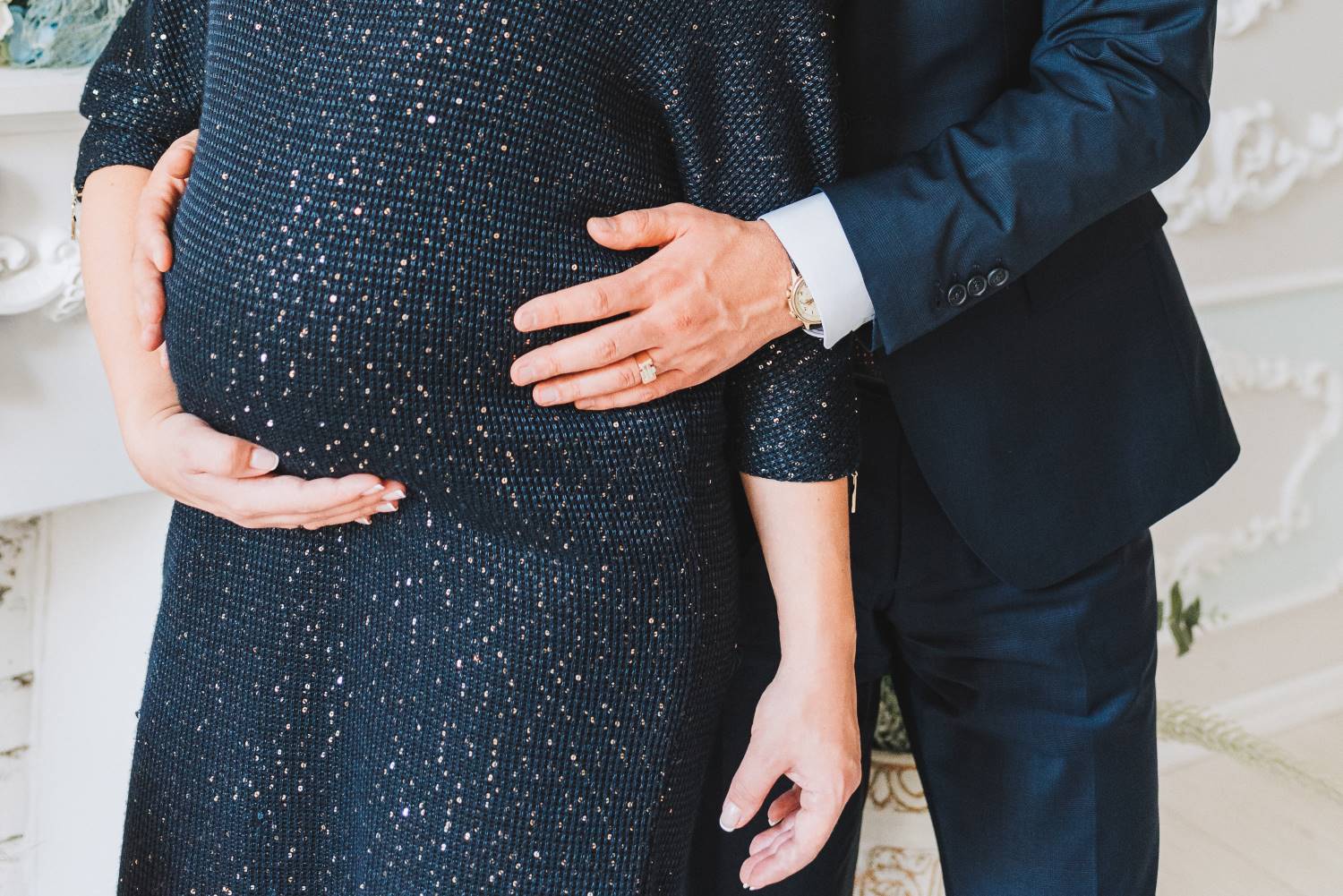Over the past decades the definition and face of parenthood has changed. Nowadays the average age of becoming first time parents has increased to 29.3 years old, this is largely due to economic and lifestyle choices. However for many women the societal pressure of when they should start a family is still very powerful.
We spoke to women about their experiences of becoming mothers in their 20s, 30s or 40s, and what factors they weighed up when choosing to become mothers.
Energy and Youthfulness
For women who have babies in their 20’s they feel this is the right age for them to be able to handle the physical demands of motherhood.
Many of them said being younger their body didn’t struggle with sleep deprivation, carrying the babies nor with the regular symptoms like back aches and feet aches. Part of the reason why many women choose to have children young is so they can be fit and energetic enough to play and un around and enjoy time with their children and spend many decades watching them grow and also be able to spend time with their future grandchildren.
Recent scientific and medical discoveries also influences a lot of women to have children young, citing a greater chance or conception as their most significant benefits to starting a family young and the associated lowered risk of miscarriage, pregnancy complications, gestational diabetes and birth defects when compared with their much older counterparts. Having chidden young also gives a lot of couples the chance of reaching their ideal family size quicker, something which a lot of older women are also unable to do.
For these reasons a lot of women choose to have children young. However like with everything there is a trade off. According to many younger mums one disadvantage is the lack of friends or women of the same age group experiencing motherhood with them. Young mothers often have to go out and find mummy groups and support networks to help them learn aspects of motherhood.
Personal Fulfilment and Professional Achievements
As more and more professions have opened up to women there has been a gradual shift towards women choosing to have babies and start their families later. The average age of women having their first child is now up to 34 years.
Many women focus their younger years on attaining higher education and career development before starting a family. They believe the independence and personal fulfilment they acquire from a career and financial independence are an important example for the next generation.
Travelling, learning life experiences and going on adventures is another benefit cited by many older mothers who say this gives the wisdom they can teach their children through their growing years. Not to mention getting the annoying question of “what if?” out of their system before settling down and focusing their attention on motherhood and careers.
These older, wiser and higher educated and more experienced mothers are able to provide a more consistent positive outcome for their children’s health and education.
Financial Security and greater Maturity
Other women choose to have their children at a much later stage in life with their fist child around the age of 40. Because women become less fertile as they get older a lot of them have to deal with the burden of going through IVF, which doesn’t always work on the first instance and is also financially quite demanding.
Like those in their 30’, women who have children slightly later are able to provide a high level of financial security and a high level of maturity to their new roles. According to these older women they didn’t feel ready to become mothers at any of the earlier years and wanted to go through the process of seeing what life has to offer before making a huge commitment like motherhood. And for the most part they are happier and content for their decison.
There are some drawbacks to having babies this later in life. One of the main ones is the lack of fitness and energy to keep up with the demands of a young family. For those women to delayed having children for the sake of their careers this is almost a bittersweet experience because to have children in their 40’s they have to step away from their careers just as they had gathered enough experience and competence to reach their professional peak.
Many children who are born to women in their 40’s often don’t get a chance to know their grandparents and connect with older members of their families as they usually dead by the time they are born or old enough to know their grandparents. This usually leaves children and the deceased with a sense of emptiness and not knowing their full family.
Essentials of a Positive Childhood
Ultimately, whether you choose to have children in your 20’s, 30’s or 40” (or beyond), what ultimately makes good parents is that your child feels loved, understood and nurtured.
Regardless of all the trappings of material excuses the core essentials kids need to thrive and grow is a nurturing, non-violent parent who understands and supports their needs from an early age. This means putting aside your own needs and learning how to connect with your babies from the time they’re born and understand their moods. This also makes the child feel understood and encouraged.
Providing your child with a stimulating environment is crucial to their development, talk to your child regularly, use the proper words for daily things they see and use, sing, show them colours etc. These all benefit the child’s development greatly.

